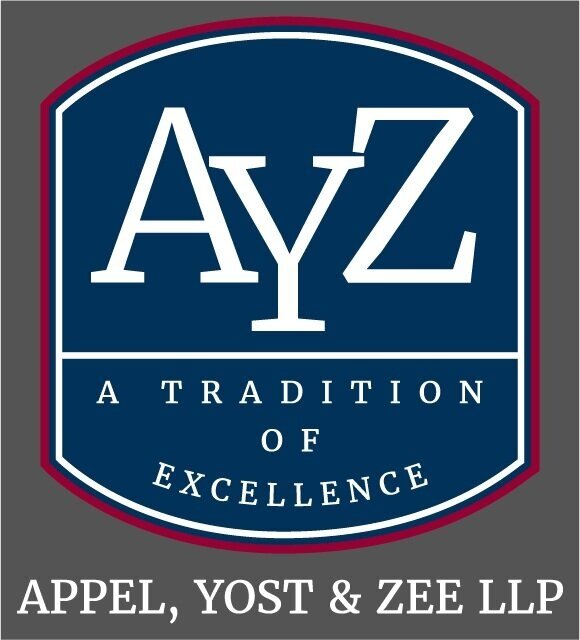United States Supreme Court Will Address Prayer at Football Games
By William J. Zee & Megan E. Bomba
January 20, 2022
In its announcement of the case docket for the new 2022 term, the U.S. Supreme Court accepted a case that will offer the Court an opportunity to revisit the issue of religious freedom in schools.
Kennedy v. Bremerton School District made its way through the lower courts beginning in 2015 when Joseph Kennedy’s assistant football coaching contract was not renewed by the school district.
Beginning with his hire in 2008, Kennedy created a ritual in which he held a 15-second, silent prayer at the 50-yard line after each football game. However, the facts are disputed about his practice. In 2015, Kennedy’s practice was challenged by an opposing school administrator who witnessed Kennedy’s prayer following a competition. This in turn resulted in a conflict between the school district and Kennedy regarding religious accommodations. The school district suspended Kennedy towards the end of the 2015 season and opted to not renew his contract.
Kennedy filed a charge of religious discrimination with the Equal Employment Opportunity Commission (EEOC). The EEOC responded with a right-to-sue letter, resulting in Kennedy filing suit against the school district.
The trial court upheld Kennedy’s termination. On appeal, a three-judge panel of the U.S. Court of Appeals for the Ninth Circuit concluded that, because Kennedy could be seen by students and fans engaging in religious expression, the school lawfully terminated his employment and his prayers were not protected by the First Amendment. Kennedy turned to the Supreme Court for the second time in September 2021. The Supreme Court originally declined to hear the case in 2019, the Court reversed its position due to concerns over the Ninth Circuit Court’s opinion and possible resulting interpretations.
The Court will address two issues brought forth by the case: (1) whether a public school employee who says a brief, quiet prayer by himself while at school and visible to students is engaged in government speech that lacks any First Amendment protection; and (2) whether, assuming that such religious expression is private and protected by the free speech and free exercise clauses, the establishment clause nevertheless compels public schools to prohibit it.
The Court will hear oral arguments through April, with an opinion likely to be issued in June. The Appel, Yost & Zee Education Group will continue to monitor and update clients on the case as it develops.
Should you have any questions about this case or any other school prayer-related issue, please do not hesitate to reach out to William J. Zee or any of the attorneys in the Appel, Yost & Zee Education Group.
